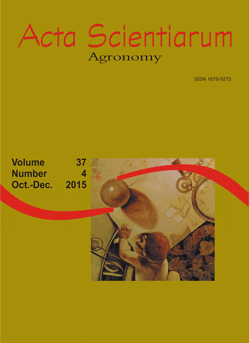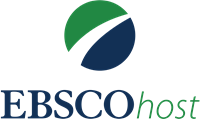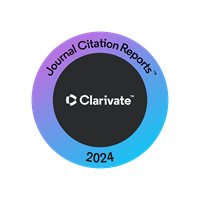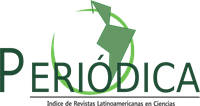<b><i>Pochonia chlamydosporia</i> promotes the growth of tomato and lettuce plants
Resumo
The fungus Pochonia chlamydosporia is one of the most studied biological agents used to control plant-parasitic nematodes. This study found that the isolates Pc-3, Pc-10 and Pc-19 of this fungus promote the growth of tomato and lettuce seedlings. The isolate Pc-19 colonized the rhizoplane of tomato seedlings in only 15 days and produced a large quantity of chlamydospores. This isolate was able to use cellulose as a carbon source, in addition to glucose and sucrose. Scanning electron microscopy (SEM) revealed that hyphae of the P. chlamydosporia isolate Pc-10 penetrated the epidermal cells of the tomato roots. These three P. chlamydosporia isolates promote the growth of tomato and lettuce.
Downloads
DECLARAÇÃO DE ORIGINALIDADE E DIREITOS AUTORAIS
Declaro que o presente artigo é original, não tendo sido submetido à publicação em qualquer outro periódico nacional ou internacional, quer seja em parte ou em sua totalidade.
Os direitos autorais pertencem exclusivamente aos autores. Os direitos de licenciamento utilizados pelo periódico é a licença Creative Commons Attribution 4.0 (CC BY 4.0): são permitidos o compartilhamento (cópia e distribuição do material em qualqer meio ou formato) e adaptação (remix, transformação e criação de material a partir do conteúdo assim licenciado para quaisquer fins, inclusive comerciais.
Recomenda-se a leitura desse link para maiores informações sobre o tema: fornecimento de créditos e referências de forma correta, entre outros detalhes cruciais para uso adequado do material licenciado.





















































